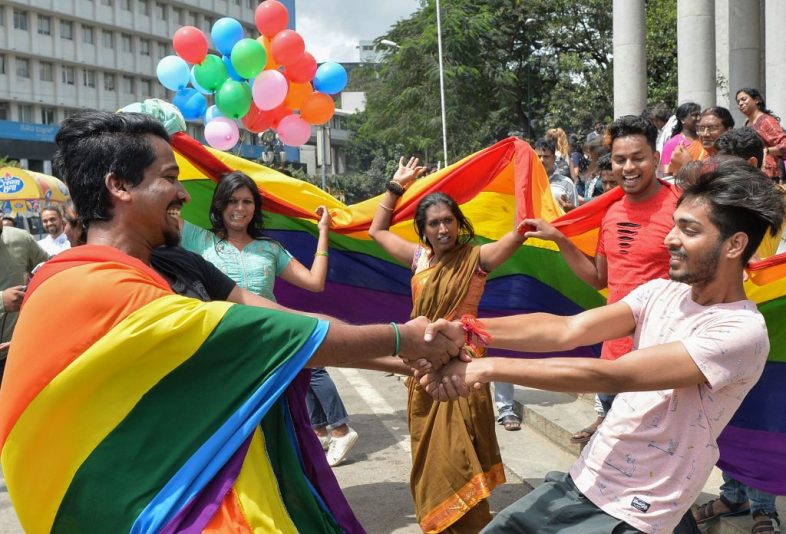
OAN’s James Meyers
12:17 PM – Tuesday, October 17, 2023
India’s top court has declined to grant legal recognition to same-sex marriages, saying it’s beyond their scope and that it should be ultimately decided by their parliament.
The five-judge bench of the Supreme Court claimed they were divided on the matter, and four separate judgements were written by the bench. Two of the judges supported same-sex marriage but the majority ruled against it.
Rohin Bhatt, one of the lawyers in the case, said: “Today the court has reaffirmed that queer citizens will be relegated to an unsympathetic legislature and an apathetic executive. We are second-class citizens, no matter how many judicial platitudes say otherwise. We will rise in rage and protest.”
Advertisement
Additionally, the five-judge bench heard 20 petitions throughout the year that were seeking to legalize same-sex marriage in India.
In 2018, the Supreme Court got altered a law that banned homosexuality in India, which included making homosexuality punishable for up to 10 years in prison.
However, the chief justice of India, DY Chandrachud, stated that LGBTQ+ people should have the right to choose who they want to be with and should not face discrimination for it.
“Choosing a life partner is an integral part of choosing one’s course of life. Some may regard this as the most important decision of their life,” he said.
“Queerness is not urban elite. Homosexuality or queerness is not an urban concept or restricted to the upper classes of the society,” Chandrachud added.
Furthermore, Justice Kaul was on the bench expressed the same sentiments as Chandrachud when it comes to same-sex marriage. “Non-heterosexual and heterosexual unions must be seen as both sides of the same coin,” he said.
Meanwhile, conservatives within India have been opposed to same-sex unions.
Top leaders from the country’s multiple religious organizations came together earlier this year to say marriage “is for procreation, not recreation.”
Stay informed! Receive breaking news blasts directly to your inbox for free. Subscribe here. https://www.oann.com/alerts

